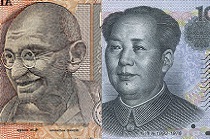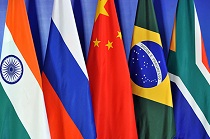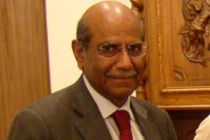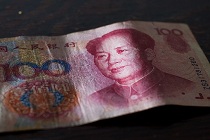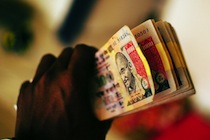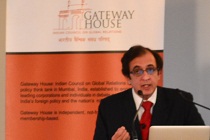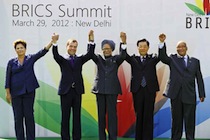India-China: Enhancing Economic Synergies
In the coming decade, India and China are set to achieve a historic $100 billion bilateral trade volume. But India’s concerns over growing trade imbalances and market access need to be addressed so that the two neighbouring economies can forge a more sustainable and mutually beneficial partnership

